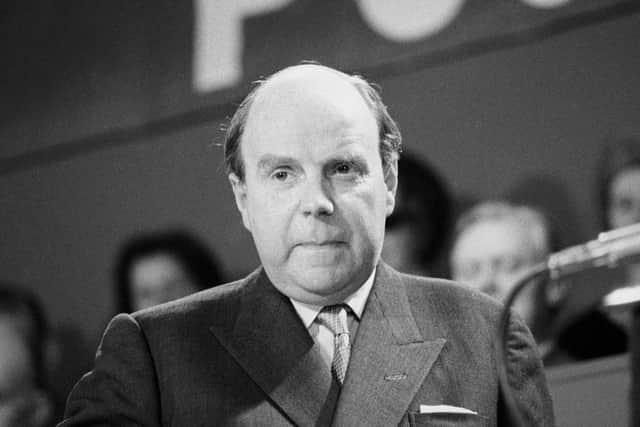Stagflation threat to UK economy underlines need to wean ourselves off fossil fuels – Scotsman comment
How, after all, could it be possible for a period of economic stagnation to be accompanied by high inflation? How could prices rise rapidly when people had little money to spend? Conservative politician Iain Macleod, who coined the term in 1965, described such a situation as the “worst of both worlds”.
This grim scenario is now looming on the horizon for the UK with the Bank of England warning inflation is expected to hit ten per cent, while the UK’s gross domestic product is set to contract towards the end of the year and unemployment is forecast to rise to 5.5 per cent in three years.
Advertisement
Hide AdAdvertisement
Hide AdThe Bank’s response was to increase interest rates to one per cent, a 13-year high. This should help curtail inflation, but will have a negative effect on economic growth.
David Blanchflower, a former member of the Bank’s committee, described the decision as “exactly the opposite of what is needed”, warning the economy was “about to tank”.
This is the trap created by stagflation. Writing for the Conversation website, US economist Professor Veronika Dolar explained the usual ways to fight either high inflation or low growth “usually end up making the other one even worse”. “In other words, stagflation is a nightmare you never want to live through,” she wrote.
Some politicians may see a recession as a necessary evil to bring inflation under control. But the many people who face even tougher times ahead will see things differently.


If this is to be the strategy, there needs to be a recognition of the hardship it will cause with steps taken to alleviate it.
The news that Shell recorded its highest-ever quarterly profits on the back of soaring oil and gas prices adds yet more weight to calls for a windfall tax on the extra profits being made by energy giants. This could provide some short-term help with energy bills.
A longer term strategy is for the UK to wean itself off fossil fuels, currently one of the main drivers of inflation, by replacing them with renewables and nuclear.
The transition to net-zero carbon emissions is already a pressing priority given the threat posed by climate change. The prospect of a stagflation catastrophe only adds to the urgency.
Comments
Want to join the conversation? Please or to comment on this article.
